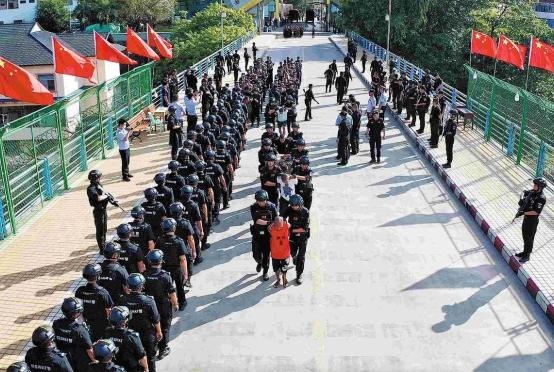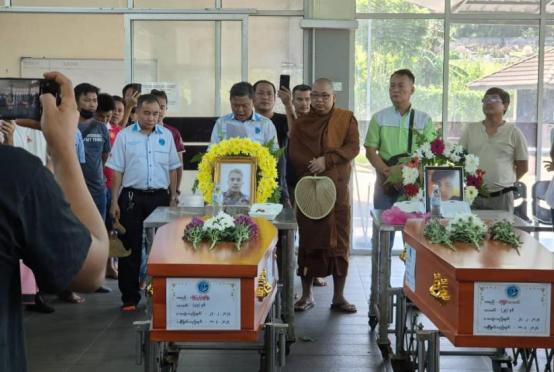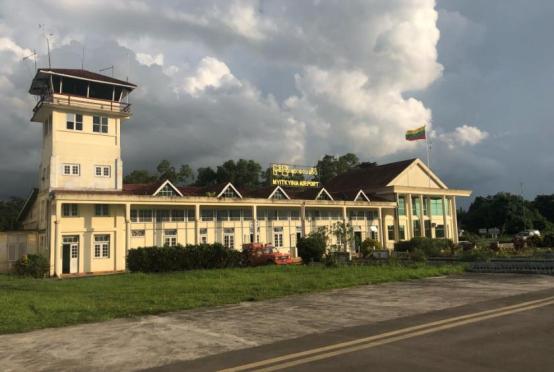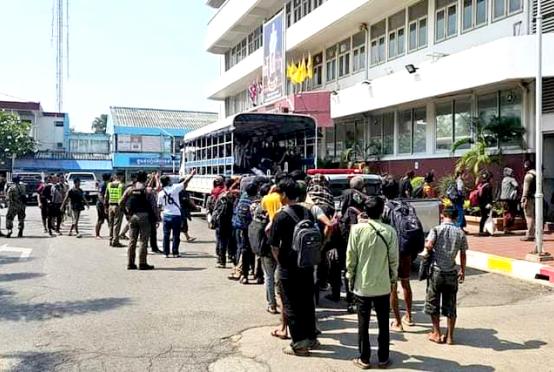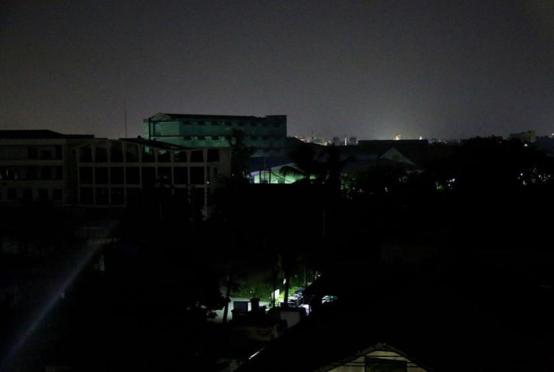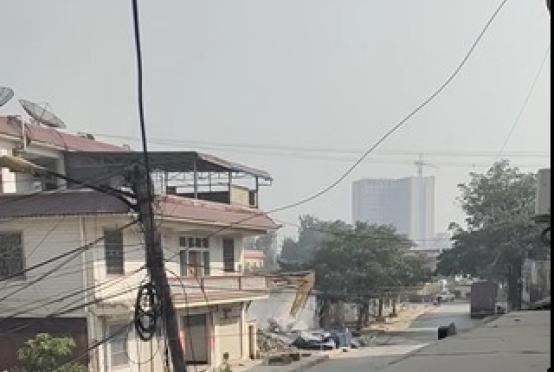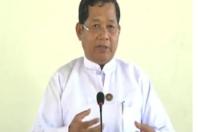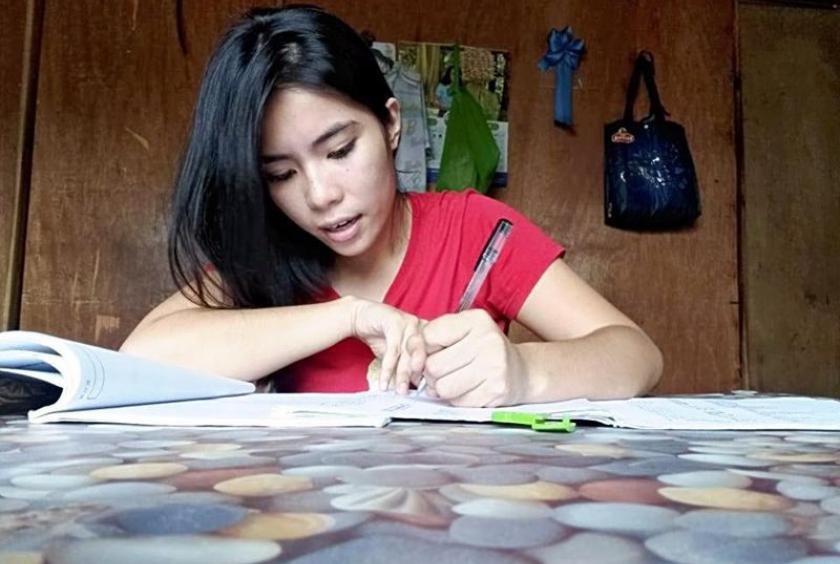
BANGKOK (The Japan News/ANN) — People in Southeast Asia who want to come to Japan after obtaining the new residence status of “specified skilled worker†are being held back in their home countries due to the spread of the new coronavirus. In some countries, skills tests necessary for obtaining the status have been postponed, and there appears to be no way out of this situation in the near future.
Due to geographical proximity, Southeast Asia is expected to be a major source of human resources for Japan. Since the revised Immigration Control and Refugee Recognition Law went into effect in April 2019, skills tests have been conducted in some countries, including the Philippines and Indonesia, and some applicants have passed the tests in each country. However, the necessary procedures to dispatch them moved slower than the spread of pandemic and now countries around are being forced to restrict the movement of people beyond their borders, all but shutting the system down.
In the Philippines, where skills tests were conducted earlier than any other country, more than 600 people have already passed the exams for obtaining the status, such as for nursing care and the food-service industry, but few seem to made it to Japan and started working.
Venus Lanuza, 23, passed the nursing care test last May, but has been unable to leave her country for more than a year. Procedures for getting dispatched finally showed some progress this year, but was hampered by the new coronavirus.
She returned to her parents’ home in Davao, on Mindanao Island, from the outskirts of Manila to work there, but lost her job due to the lockdown. Without any income, her family can manage to get by eating vegetables grown in their garden. She continues studying Japanese and nursing care, but she is beginning to think: “I am actually losing hope. Working in Japan might not be destined to me.â€
In Indonesia, some of the skills tests that were suspended in April have resumed since late June. However, one Japanese intermediary group is now reluctant to accept those people, saying, “It’s difficult to accept them while there is a risk of infection, because it would be their job to be in contact with elderly people.â€
In Myanmar and Cambodia, moves toward sending their nationals to Japan have also stopped.
■‘Lack of human resources’
Effective Wednesday, Japan is restricting the entry of foreign nationals from 128 countries and a region due to the pandemic. The government has aimed to soon allow arrivals from Vietnam and some other countries in phases, but there are no signs of progress in accepting foreign workers.
An organization that supports accepting qualified workers in Ota Ward, Tokyo, represents about 70 people now unable to come to Japan from Indonesia or other countries. They were supposed to work at about 40 businesses, including in agriculture and food production.
A cabbage farmer in Tsumagoi, Gunma Prefecture, said, “We didn’t have enough manpower for planting this year, so we could only plant about 80% of last year’s amount.â€
As part of the easing of restrictions of movements beyond borders, the government plans to gradually resume entry from four countries, including Vietnam and Thailand. Specified skilled workers will also be allowed to enter Japan. Other Southeast Asian countries, such as the Philippines, are not yet in the scope of easing restrictions.
“There is still strong demand for foreign workers at business establishments even if they are forced to scale down due to the new coronavirus,†an official of the support organization said.

